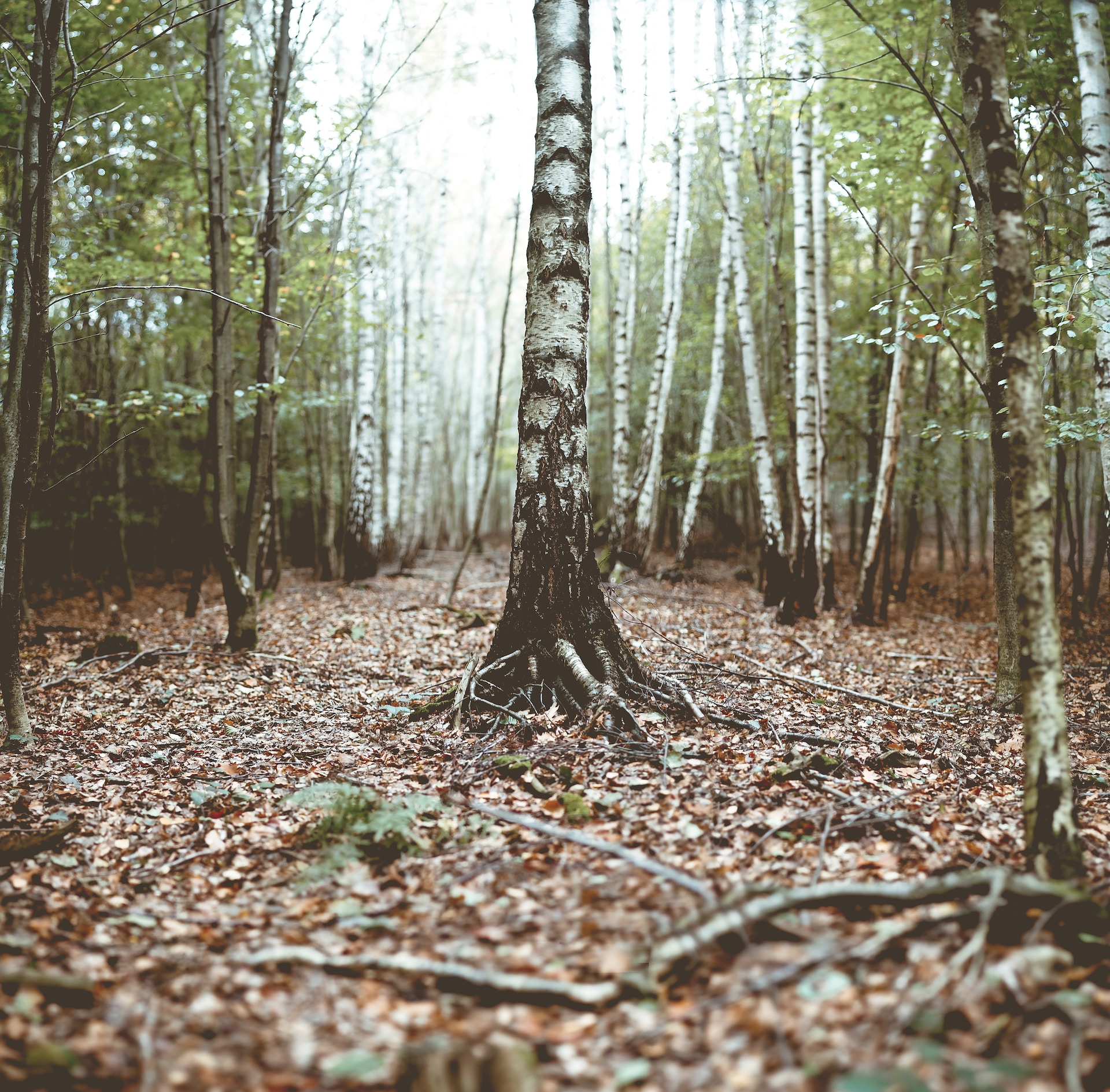Tree species experiment focused on biomass production – Growth, carbon sequestration and biodiveristy

Forestry can counteract an increase in greenhouse gases through its large capacity to store carbon and through the substitution of fossil fuels. There is potential to increase the availability of renewable raw materials through afforestation of former arable land. However, knowledge of the potential biomass production of different tree species is lacking.
This study will be based on a revision of a tree species experiment, 16 years after establishment on former agricultural land. The experimental series includes five locations in Sweden and each location includes spruce, birch, larch, hybrid aspen, poplar and Salix.
The purpose of the project is to compare biomass production, soil impact and carbon storage of different tree species under the same conditions and along a north-south gradient. We will also study the biodiversity of the ground vegetation. An important question is whether afforestation on agricultural land can contribute to increased carbon sequestration.

Nils Fahlvik
Skogforsk

nils.fahlvik@skogforsk.se
Project information
Participants
Skogforsk
Time schedule
December 2023 - December 2026
Total cost of project
3 291 502 SEK
Swedish Energy Agency project number
2023-01030
More projects

Coordinating sectoral claims for biomass in the transition to a fossil-free welfare society
The project aims to increase understanding of how competing claims on biomass and biogenic hydrocarbons can be managed in the transition to…
Manager: Hanna Cardol
Ongoing

The role of bioenergy to achieve energy and climate goals – an assessment of a changeable function in a dynamic energy system
The overall aim is to describe how the role and function of biomass to achieve energy and climate goals will change over…
Manager: Pål Börjesson
Ongoing

Carbon and climate efficient use of biogenic waste for circular chemicals
In Sweden, around 7Mton of waste is yearly incinerated for energy recovery. Currently around 60 % of the carbon available in that…
Manager: Sima Ajdari
Ongoing


